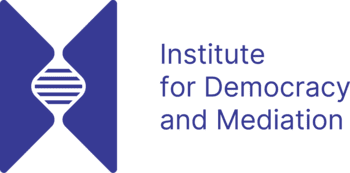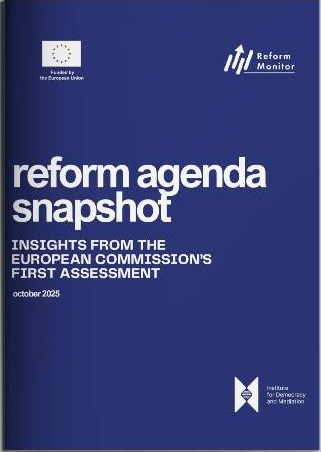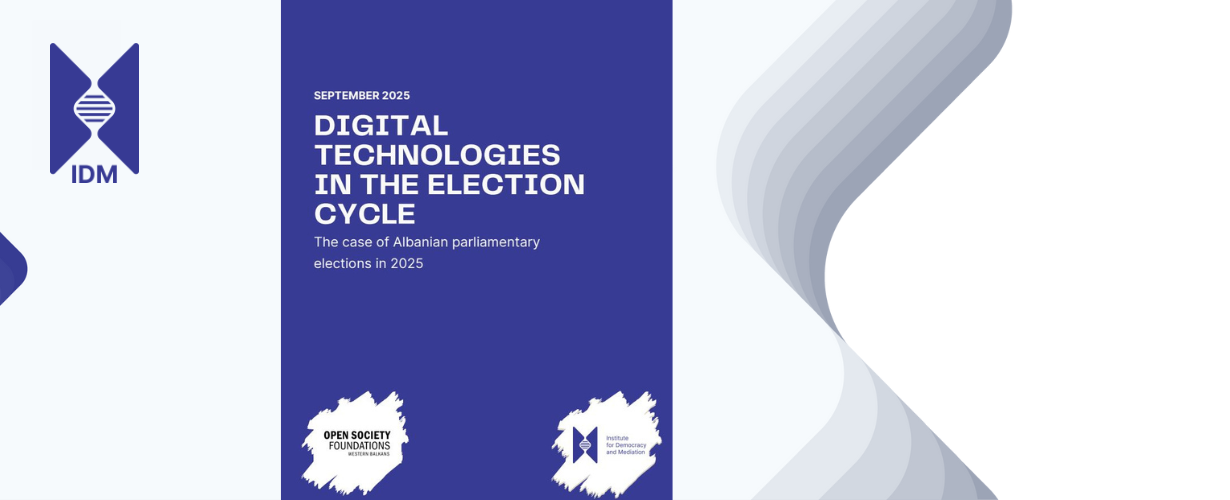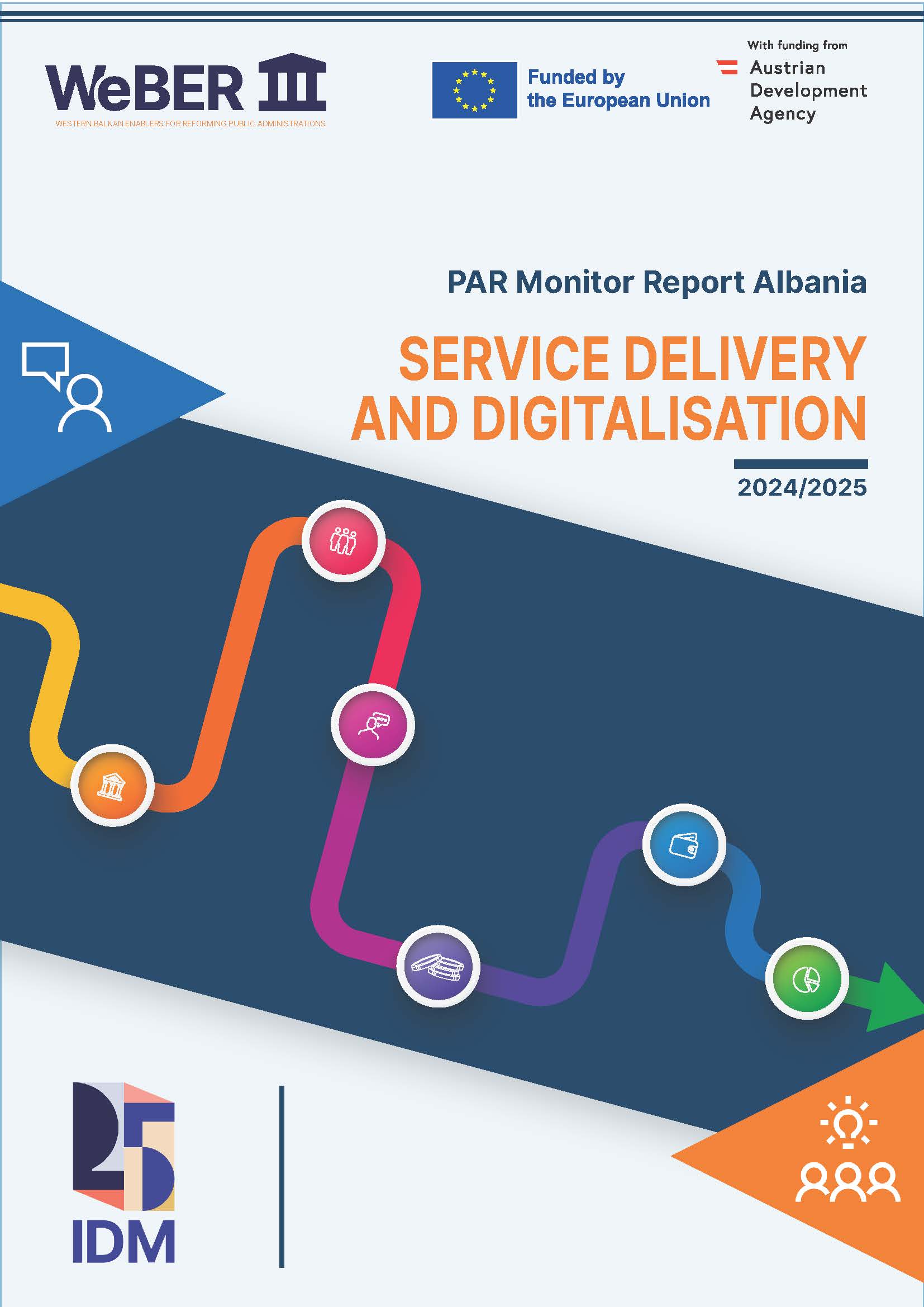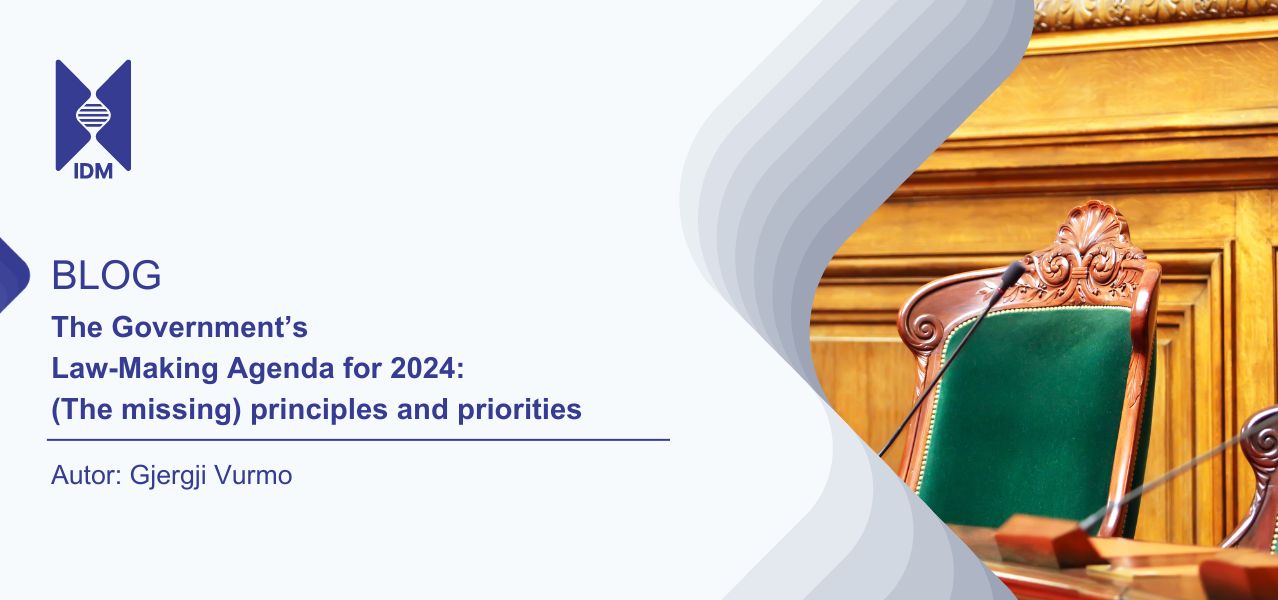By Gjergji VURMO
On 28 December 2023, the Council of Ministers (CoM) adopted the successive document that determines its law-making agenda for 2024 – the General Analytical Program of Draft Acts (GAPDA). A customary obligation of the Government of Albania (GoA), this document provides a general overview of the draft laws and draft decisions that the GoA is expected to adopt in fulfillment of its obligations, where the share of the draft laws also serves to coordinate the agenda and workload with the legislative body – the Assembly of Albania.
While legislative initiatives are recognized to Members of Parliament and 20,000 voters, the Executive body remains the main “supplier” of the Assembly with over 90% of draft laws under parliamentary consideration, which are proposed by the Council of Ministers. For this very reason, GAPDA takes on special importance as it is the main document that sets the pace of how the ruling party’s main priorities and the country’s strategic objectives, including the EU membership process, are translated into laws and government decisions. The EU membership process has acquired a new impetus during 2022-2023 given the decision to initiate negotiations, the completion of the screening process, and the adoption of strategic documents on the first-cluster chapters by the Executive body.
But how much of this busy agenda of European integration is incorporated in the Government’s plans to write new legislation and in the Parliament’s agenda to review laws? Let’s first see the intensity of government’s agenda.
The Analytical Program in Figures
According to GAPDA, a total of 267 draft acts are foreseen to be developed by the Executive body for year 2024. A vast majority of them (68%) are draft decisions which will be translated into Council of Ministers’ Decisions during this year.
The law-making workload is different, with the first four months (January-April 2024) generating the lion’s share – about 40% of the total of 267 draft acts. During May-August, the GoA will write about 34% of the total draft acts. The remaining part (about 1/4 of the total) is foreseen to be developed in the last four months of the year (September – December).[trx_sc_table title_style=”default” link_style=”default”]
[/trx_sc_table]An analysis of the data contained in this document suggests that the share taken up by various institutions[1] proposing new legislation is relatively unequal. For 2024, the three institutions with the highest law-making workload include the (Deputy) Prime Minister’s Office, the Ministry of Finance and the Ministry of Infrastructure, which make up about 40% of the total draft acts for 2024 combined. While the Ministry of Finance and the Ministry of Justice have, in principle, an increased workload due to the fact that these two institutions have to give an opinion on every draft under consideration by the Executive body, one can easily see that the Ministry of Justice has, indeed, a relatively low number of draft acts (16) regardless of its role in the country’s priorities and obligations for the first cluster of EU negotiation chapters (Fundamentals).
[1] The analysis refers to the period of up to December 2023, when the GAPDA was adopted. This document does not incorporate the changes in the ministerial portfolios (the addition of the Minister of State for Anticorruption and the Minister of Economy, Culture and Innovation), which occurred in January 2024.
[trx_sc_table title_style=”default” link_style=”default”]
[/trx_sc_table]
To what extent is European integration prioritized?
For 2024, on average, only 1 in 5 new draft acts (draft laws or draft decisions) to be written and approved by the Executive body, is in response to the country’s obligations in the framework of European integration process – the National Plan for European Integration (NPEI). This percentage (22.5%) does not reflect the state of affairs of Albania’s EU membership process; nor does it show the expected level of preparations that Albania should demonstrate in response to the expectations and deadlines set forth in the strategic documents prepared within of the chapters of cluster 1.[2]
With the exception of the Ministry of Infrastructure (with 22 draft acts) or the Minister of State for Youth (with 6 draft acts), which draft acts aim to meet their NPEI obligations to large extent (respectively, 64% and 100%), no other institution of the Executive body has prioritized this strategic objective as a source of their law-making agenda for more than about 1/3 of the draft acts they will propose in 2024. Specifically, the Ministry of Education has the lowest percentage, where only 7.1% of the total draft acts to be proposed by this institution are foreseen as an obligation in the National Plan for European Integration (NPEI). This ministry is followed by the Ministry of Defense (with 9.1%) and the Ministry of Tourism (with 10.5%).
[2] In specific terms, we are speaking about strategic documents with priority measures on Public Administration Reform 2023-2030, on Chapter 24; Rule of Law; Functioning of Democratic Institutions; and Chapter 23.
[trx_sc_table title_style=”default” link_style=”default”]
[/trx_sc_table]
The mystery of the “other” source
According to the General Analytical Program of Projects (GAPDA) document and other (sub)legal provisions, national political priorities and strategic objectives of the country steer the law-making agenda of the Executive body. European integration is one such strategic objective which unquestionably enjoys broad political or public support and is, therefore, embodied in many major policy documents. It goes without saying that another source includes the national or sectoral strategic documents adopted by the country’s institutions (the Parliament and/or the Central Government). Finally, the government’s political program and the political majority in the country constitute another important source of this law-making agenda of the Executive, which takes public certification and legitimacy from the trust given by voters in the general parliamentary elections.
As stated above, 1 out of 5 new draft acts to be written by the Executive body in 2024 results from the provisions in the National Plan for European Integration. In addition, 41% of the new draft acts are in pursuance of the government’s political program 2021-2025. Half of the 267 draft acts (50%) in GAPDA are linked with the applicable sectoral and national strategies.
While a considerable number of the new draft acts combine more than one of the above-mentioned sources, a significant number of them –1/3 of the total draft acts for GAPDA 2024– do not “stem” from NPEI… nor from the government political program… nor from the obligations or provisions of other strategic documents of the country.
[trx_sc_table title_style=”default” link_style=”default”]
[/trx_sc_table]Hence, a question arises: If none of these three strategic and legitimate “sources” of the country “supplies” 31% of the draft acts for year 2024, what is the other “agenda” which is distinctly and significantly served to by one of the most important processes in place – the drafting of legislation by the Executive body? Are we actually dealing with another source or can this simply be attributed to the need to better reconceptualize the GAPDA law-making process, the institutions’ responsibilities, and their accountability in the implementation of the analytical program?
The Need for More Predictability, Transparency, and Consultation in Law-Making
A study conducted by the Institute for Mediation and Democracy (IDM) and Transparency International in 2021 revealed a sizeable gap between the Executive body and the Parliament with regard to the application of the principles of transparency, inclusiveness, and consultation of interest groups in the process of developing and approving draft laws.[3] Specifically, the Government of Albania has not been transparent in the law-making process and has not involved interest groups for the vast majority of laws argued by this study as tailor-made during 2008-2020. On the other hand, while the parliamentary review of these draft laws has been transparent, the Parliament of Albania has failed to hold consultations with interest groups regarding these draft laws. Another common element of the draft laws, which the study has reasoned to be tailor-made for this period, is the fact that a considerable number of these tailor-made laws were not foreseen in the General Analytical Program of Draft Acts approved by the Government for the respective year.
Rigorous enforcement and application of the principles, such as predictability (meticulous implementation of GAPDA), transparency, and consultation at the onset of law-making process, by the Executive would significantly reduce not only the integrity risks pertaining to law-making, but would also enhance the quality and impact of their enforcement. The Council of Ministers’ regulation should elaborate the law-making procedure in more details, highlighting the need to enforce these three principles, more than the principle of confidentiality, which is unrestrained in this document and has obviously affected the integrity of this process and the public trust in it.
The current phase of the European integration process, the processes related to the country’s development reforms, the challenges of the parliamentary review of the draft laws as well as those of post-legislative oversight by the Assembly would be extremely positively affected if the Council of Ministers’ regulation would address these law-making concerns.
[3] See “Deconstructing State Capture in Albania: An Examination of Grand Corruption Cases and Tailor-Made Laws from 2008 to 2020” (Gjergji Vurmo, Rovena Sulstarova, Alban Dafa 2021), Appendix 2, page 41. https://idmalbania.org/wp-content/uploads/2021/11/2021_Report_DeconstructingStateCaptureAlbania_English.pdf
